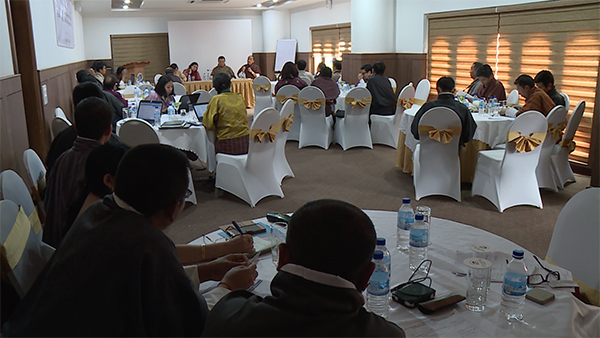 Patents can have a dramatic impact on access to medicines. For instance, a pharmaceutical company that holds patents on a medicine has the right to prevent other similar firms from manufacturing it and therefore can have the advantage of charging high price.
Patents can have a dramatic impact on access to medicines. For instance, a pharmaceutical company that holds patents on a medicine has the right to prevent other similar firms from manufacturing it and therefore can have the advantage of charging high price.
Today, Bhutan imports all the medicines, of which 90 per cent comes from India. If India starts granting patents to their domestic and international medicinal firms, Bhutan will face cost implications on patented medicines.
So, to prepare the country to tackle issues as and when the medicine patent regulations undergo changes globally, a workshop was held over the past two days in Thimphu.
It reviewed legal and policy coherence to promote access to health technologies. Health officials and Intellectual Property (IP) officials deliberated on how to chalk out preparedness plans if such a situation occurs.
“There are number of ways where the patent system can actually contribute to procuring medicines and even in multilateral and bilateral trading systems,” said a Senior Intellectual Property Officer with the Economic Affairs Ministry, Kencho Palden
The meeting was the follow up from the review of the existing Intellectual Property Law and Bhutan’s ongoing international negotiations based on international practices and recommendation for the least developed countries to safeguard public health.
Health Ministry initiated the review meeting along with other relevant stakeholders in December last year.







